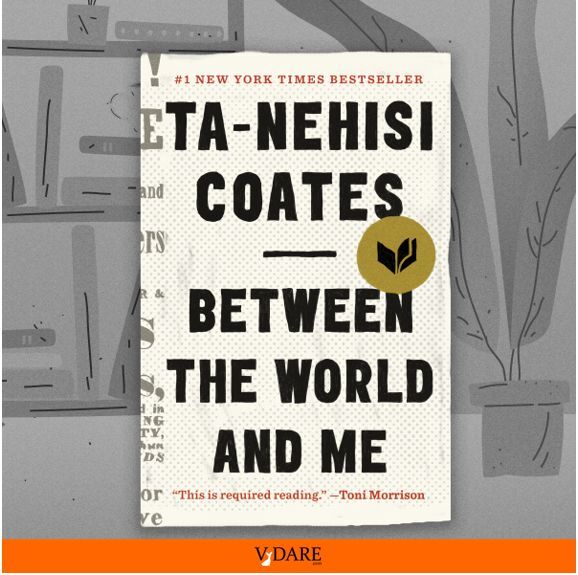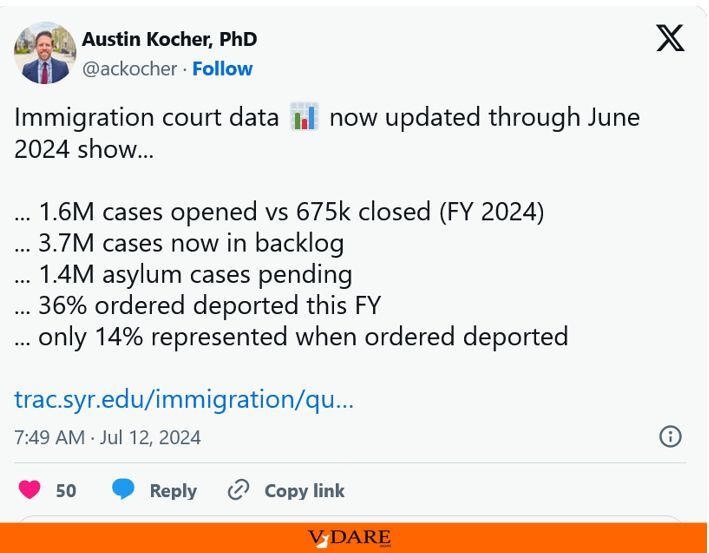From the Washington Post:
More people were murdered last year than in 2014, and no one’s sure whyAlternatively, the anti-cop / anti-white agitation could be stimulating blacks to shoot each other out of what Keynes called “animal spirits.” Or maybe something is going on in the drug trade. Perhaps heroin is spreading from the white hinterlands to the black inner cities? (I’m not at all in touch with what’s going down on the streets. For that matter, has anybody said “What’s going down on the streets” since a 1970s cop show?)By Max Ehrenfreund and Denise Lu
Jan. 27, 2016
The number of homicides in the country’s 50 largest cities rose nearly 17 percent last year, the greatest increase in lethal violence in a quarter century.
A Wonkblog analysis of preliminary crime data found that about 770 more people were killed in major cities last year than the year before, the worst annual change since 1990.
The killings increased as some law enforcement officials and conservative commentators were warning that violent crime was on the rise amid a climate of hostility toward police. They said protests and intense scrutiny of officers who used lethal force had caused officers to become disengaged from their jobs, making streets more dangerous. Some have called it the “Ferguson effect,” after the St. Louis suburb in which Michael Brown Jr. was shot and killed by a police officer in 2014.
Keep in mind that St. Louis, where the Ferguson Effect (whatever its cause) was very large in the first half of 2015, isn’t in these stats because it’s not one of the top 50 cities in the country.
A closer look at the figures, however, suggests no single explanation for the increases and reveals no clear pattern among those cities that experienced the most horrific violence.The worst increase in percent terms was in Cleveland (+91%, Tamir Rice). Baltimore (Freddie Gray) was up 59%. St. Louis, which is too small to make the 50 biggest city list, increased from 73 in 2003 to 159 in 2014 to 188 in 2015.Several cities that recorded the largest increases in homicides — Nashville and Washington, D.C., for instance — had no widely publicized, racially charged killings by police. Many other big cities recorded modest increases or even declines in the number of homicides, with no deviation from the pattern of recent years.
13 cities had fewer homicides in 2015 than in 2014
36 cities had more homicides in 2015 than in 2014
A general pattern was that increases in homicides, especially in absolute number terms, tended to be larger in cities with large black populations than in cities with large Hispanic populations. For example, the Post provided this graphic of California and Texas:

Also, Hispanic cities have smaller numbers of murders per capita than black cities, so their data can be noisier from year to year just from smaller sample sizes. In contrast, Baltimore had 346 homicides last year, up 59% from 204, which is a pretty big sample size. In contrast, Denver’s homicide rate grew 65%, even faster than Baltimore’s, but Denver still only had 51 homicides in 2015. So, it’s not clear how significant Denver’s change from 2014 to 2015 was.
So, something seems to have gotten black slum dwellers agitated enough to kill each other in considerable numbers. Perhaps it’s all the agitation by black protestors working hand in glove with the Administration, the media, and the NGOs? That’s happened before, back in the 1960s. But the 1960s were a long time ago, so a lot of hard-earned lessons have been forgotten.











